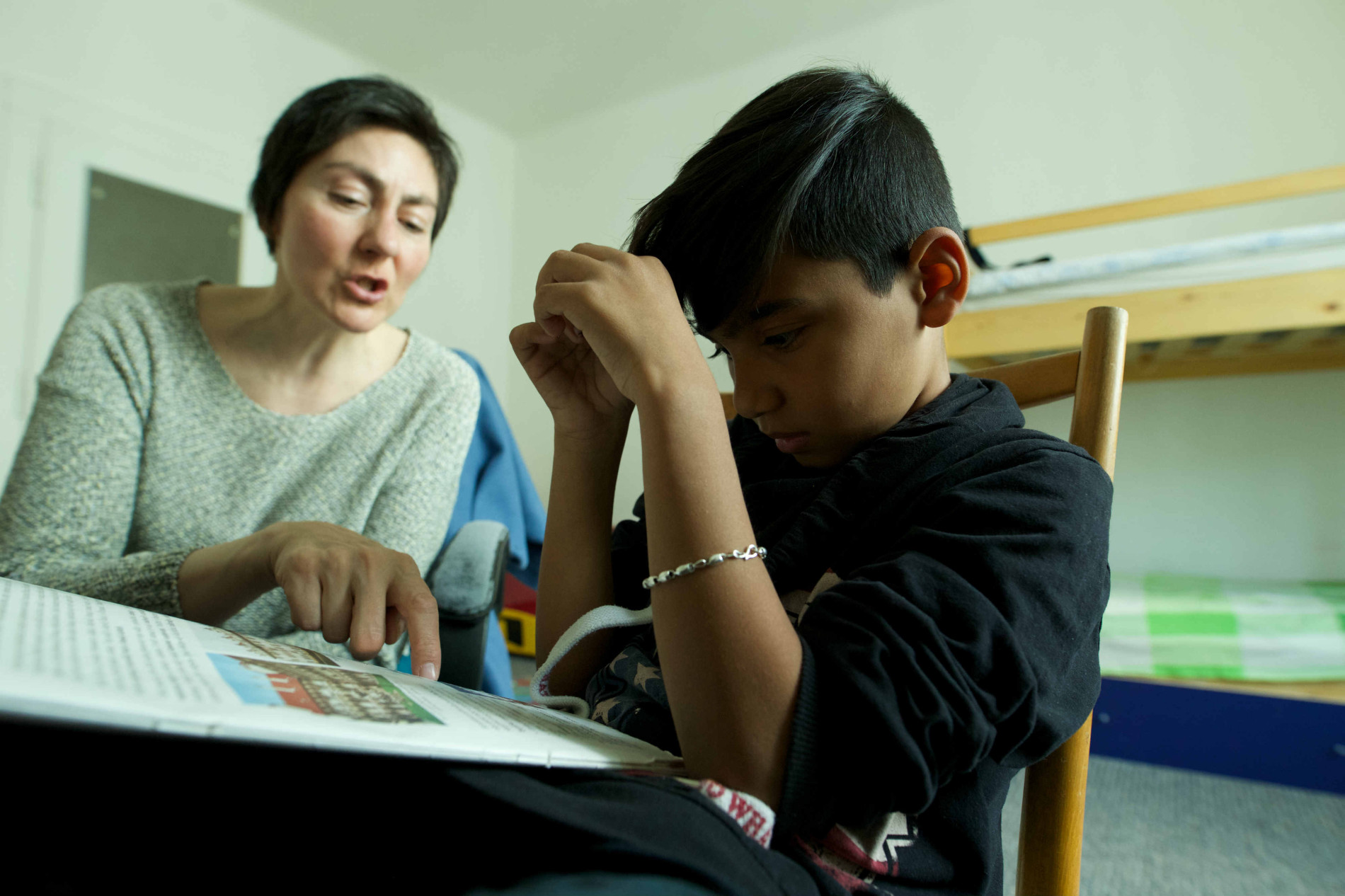
Tutoring
This service is intended for children who are having problems at school and lack support at home. The reason for this is primarily because their parents themselves have low level of education, usually only elementary. The purpose of this service is primarily to stop the child from performing poorly at school, although tutoring also brings many other positive effects.
One example of these effects is raising the child’s interest in school, which usually reduces the number of missed classes and increases activity during lessons. How do we achieve these effects? Most important is to ensure the children do their homework regularly, which makes them more confident in school and so school is no longer a daunting place for them, full of trouble and worries.
Volunteers play an important role in tutoring and without their time and energy we would not be able to provide this service. Volunteers are properly trained for this cooperation and during tutoring they are provided with necessary support and help.
Individual tutoring
Individual tutoring takes place in the children’s family. The volunteer comes once a week for two hours, during which he helps the child with anything they need. In addition to working with children, our volunteers and workers are in close contact with their parents, because tutoring is also a big commitment for them. They must always be present during tutoring, and must provide suitable conditions for doing homework and subsequently make sure the child completes all tasks set.
We try to encourage the parents take an interest in their child’s school life, homework and also take an active interest in the child itself. The parents gain necessary information and competences. Within this service, our workers also cooperate with child psychologists, specialists and authorities, where necessary. Ideally, our workers are in close contact with teachers, to find out in what specific areas the child needs help. Last year we supported over 500 children.
Group tutoring
Group tutoring supplements individual tutoring. This support exists in two forms. The first takes place in cooperation with schools. Teachers choose which children need to attend tutoring class, which usually takes place once a week for two hours. The class concentrates on going over schoolwork, but there’s also room for fun learning and enhancing the children’s skills – developing communication, cooperation, critical thinking, active listening and comprehension of written text.
The second form is group tutoring organised in hostels, asylum homes or on our premises. It is intended for children who cannot receive individual tutoring for various reasons. Last year nearly 300 children attended our group tutoring sessions.



